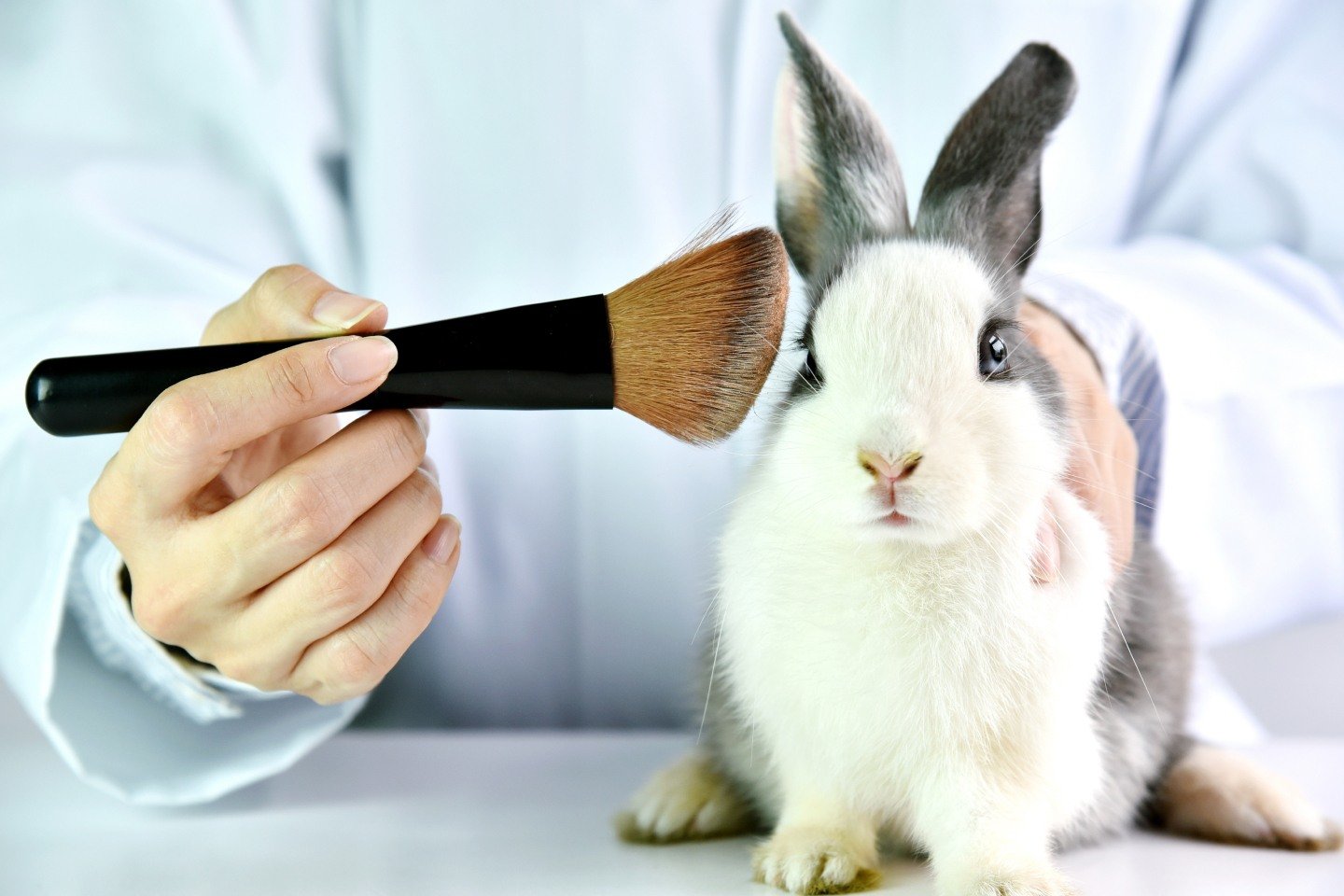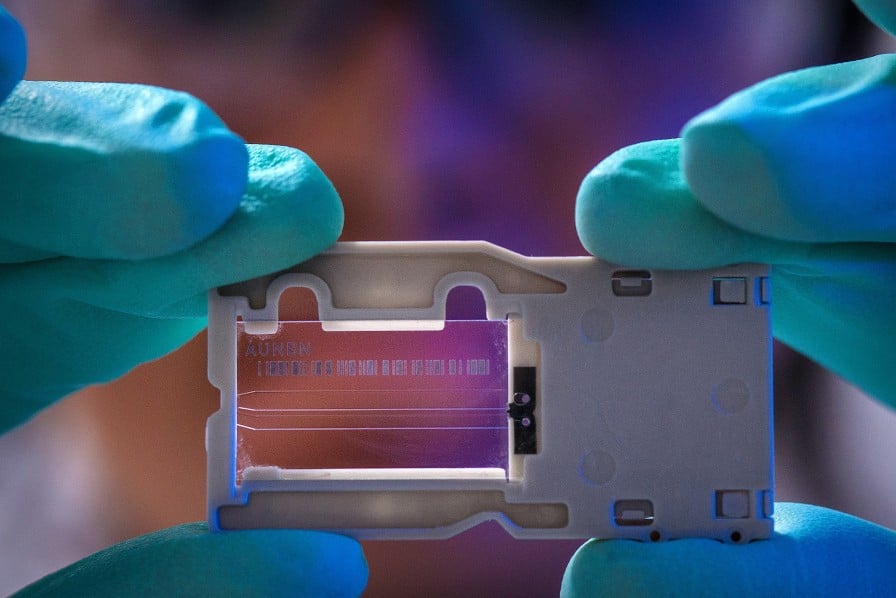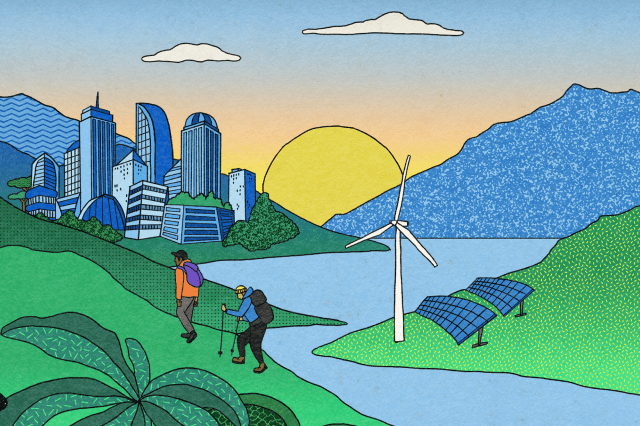Cruelty still happens in animal research
This is the first in a series of two articles on animal research. This article provides an introduction into animal research and some ways Australian Ethical is making a difference. The final article suggests ways individuals can do their bit.
If a proposed product or treatment can be tested without using animals, thereby avoiding harm and suffering to our furry friends, then why wouldn’t we do that?
Animals suffering for product testing and scientific purposes continues, despite growing public concern and the emergence of alternative methods which can reduce the need for animals in research1.
We know people care about animal suffering in the name of research and science – the Responsible Investment Association Australasia (RIAA) ranks animal cruelty as the top and fastest growing issue among Australians when quizzed about their responsible investing preferences2.
And yet, estimates suggest there’s been continued increase in animal testing worldwide. Data on exactly how many animals are used in testing is hard to find, but what we have3 shows close to 200 million animals per year being used by product and drug developers to gain biological knowledge, mostly for clinical trials required for approval by regulators.
Animal cruelty still happens
It may surprise some people just how wide-spread animal testing is. This becomes more apparent when you look past the marketing of some of the best-known household brands and most commonly used consumer products. People for the Ethical Treatment of Animals (PETA) keeps a list of companies and products that do test on animals, as well as a list of companies and products that don’t test on animals.
Brands that are considered staples in most households, including Band-Aids, Chapstick, Savlon and Listerine, are all products currently listed on the PETA animal testing list.
We know animals are sentient – which means they perceive and feel things. As a result, the quality-of-life of animals matters, and we think we shouldn’t be causing them unnecessary harm. But landing on what constitutes necessary and unnecessary harm is where things can get a bit tricky.
If a proposed product or treatment can be tested without using animals, thereby avoiding harm and suffering to our furry friends, then why wouldn’t we do that?
Overcoming barriers
In some jurisdictions, it’s not actually mandatory for companies to use animals to test new drugs and treatments before human trials. In the United States, recent changes to legislation, including the United States’ Food and Drug Administration (DA) Modernisation Act 2.0, has removed this requirement.
And while the acceptance of non-animal models in healthcare product development is being normalised globally – thanks to scientific advancements – animal testing is still the incumbent model in most cases.
And despite the Australian government introducing laws to ban the testing of new cosmetic ingredients and products, animal testing still continues for medical and other purposes.

Australian Ethical has zero tolerance when it comes to investing in companies that conduct animal research for personal care products and cosmetics
Healthcare versus cosmetics
Australian Ethical has zero tolerance when it comes to investing in companies that conduct animal research for personal care products and cosmetics, while we restrict investment in healthcare companies that use animals for medical research. You can read where we draw the line on investing in healthcare companies here.
We recognise that there is still a necessity to carry out animal testing for certain treatments like the development of an oncology drug for instance, as opposed to testing for a more discretionary item like a lipstick or face cream.
We still see value in developing drugs that are going to be beneficial to good health and wellbeing, but we also weigh this with the dignity and wellbeing of non-human animals, as outlined in our Ethical Charter.
Holding companies to account
Aside from where we invest, we are working hard to get companies to make a genuine commitment to the 3Rs (Replacement, Reduction and Refinement) and to push non-animal testing forward through our stewardship.
In Australia, there is little regulatory oversight of animal research, and limited coordinated effort to advance the 3R principles in the private sector, relative to other countries. So we have stepped up to push companies to do better.
We engage with companies we do and don't invest in to try and encourage change across the industry and genuine commitment to the 3Rs. Our 2024 Stewardship Report provides more information on our animal research engagements.
We’ve asked companies, universities and other research organisations to show their support for a statement to propel non-animal testing forward. The statement calls for government to adopt key recommendations from a report on advancing non animal models in Australia, published by the Commonwealth Scientific and Industrial Research (CSIRO) last year. More than 20 companies, research organisations and non-government organisations, including some of the country’s biggest names in healthcare and biotech, have already signed on.
Animal welfare is so important to us, we built it into our overall purpose, which is a better world for people, planet and animals.



